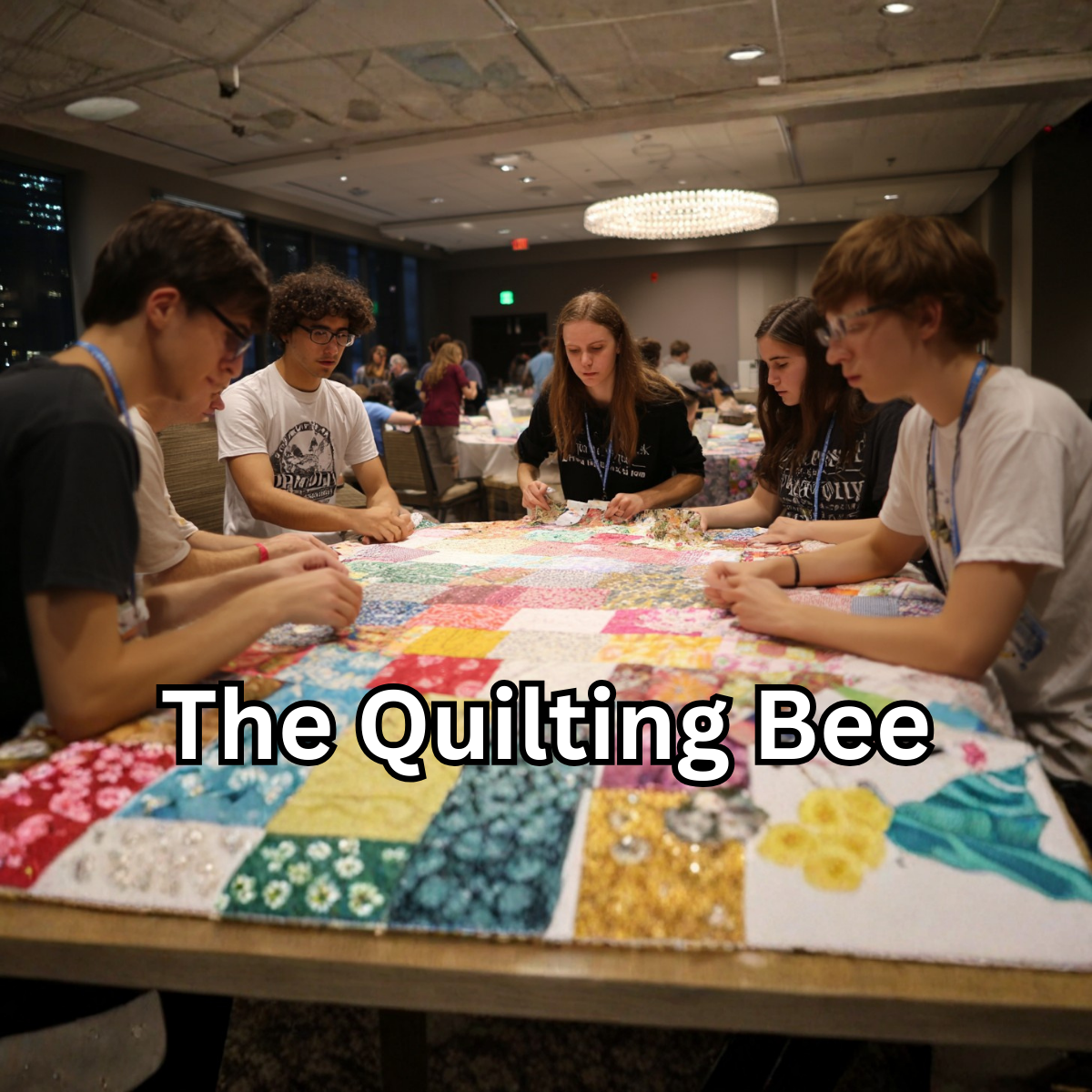This is part 3 of my discussion of how Kenneth Burke, a critical thinker in the last century, really messed me up. I blame him for not doing well in college. I also blame him for always being different. The idea of conformity shakes me to my core, and it is the concepts of dramatic theory by Burke that gave me the philosophical foundation and structural core to give me permission to be doggedly contrarian.
In Burke’s writings, he is always striving to demonstrate the methodology that humans use, which he calls rhetoric, to derive the truth. For this is the primary conquest for any human and that is to interpret reality. When we engage in this effort, it is common for us to settle upon what Burke called the Four Master Tropes. These are metaphor, metonymy, synecdoche, and irony. Do not worry if you cannot instantly recall what these exact words mean. That is not important, as I will reveal here in one of Burke’s passages. You see, if, in your quest to find the truth of a situation, you fall upon one of these tropes, then it is inevitable that you will uncover all three. Burke theorized that these were the four bases of all deciphering and discovery of the world around us.
Here is one of my favorite passages:
The literal or realistic applications of the four tropes usually go by a different set of names. Thus:
For metaphor, we could substitute perspective;
For metonymy, we could substitute reduction;
For synecdoche, we could substitute representation;
For irony, we could substitute dialectic.
So, without understanding the meaning behind these four tropes, we can think of them as dear old friends we got to know when we were toddlers. We may not have had the words to describe them, but these were the core methods we used to try to understand the world around us. Since the day we were born, we have had this constant driving need to understand this world we were born into.
When we need to use a device to help ourselves understand something else, we can call that perspective or metaphor. We can derive meaning by looking at something through the lens of something more familiar. You do not need me to describe to you how often you did that as a child. We all did it, and we are quite good at it.
When we try to break something really complicated down or reduce it to something more tangible, we are using metonymy. Burke always referred to our desire to call “emotions” as coming from the heart. Emotions do not actually come from the heart, but they are complex and hardly describable. So, rather, we reduce the idea of human emotions down to a feeling in the heart and thereby can make it more understandable.
We represent things all the time, and this is probably the fundamental concept behind language development. A synecdoche is when we use something to represent the entiretly of it. When I was a kid, I was asked to point to my city on the map. Here is where I live! I would point to a map of the United States and then a square that was labeled Colorado. That square on the map on my teacher’s wall was certainly not Colorado and all that belonged there, but it had become in my mind a representation of a place, or more elaborately, a synecdoche. This gave me the ability to conceive of distance, time and location at a young age. The idea of 1,000 miles was impossible to conceive, but I could see that California was a few states away from Colorado on the map. I could conceive my reality by using and creating representations.
And so we are to the last. Irony is dialectic. Burke would argue that dialectic is akin to dramatic. Once again, he had the theory that you could describe all human actions as scenes in an elaborate play. Relativism is, in essence, a focus on only one single actor on the stage, with no consideration for the others. So, with relativism, there is no drama because there is no acting, and as a consequence, it is completely void of irony. So irony becomes the manifestation of reason and our attempt to reconcile the truth with our expectations. Too often, the other actors on that stage foil our attempts to be dramatic. How ironic.
Understanding what a 3-year-old gets automatically could take a lifetime of work, and in Burke’s case, it did. Explaining how humans derive meaning from their observations of the universe and how they are even capable of recognizing irony is indeed a fun topic to explore.
This concluded my three-part series on how Kenneth Burke messed me up – and btw, I am glad he did




